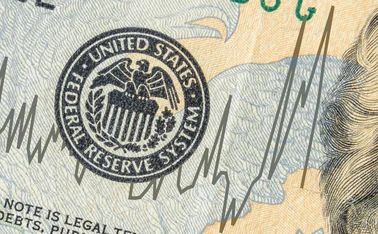
Bar should be lowered for early warnings on currency crises, says IMF economist
Early warning systems should identify more crises, paper says

Currency crisis early-warning systems (EWS) should err on the side of flagging up more crisis episodes rather than less, even if this leads to an increase in false alarms, according to an IMF working paper published last week.
In Comparing the performance of Logit and Probit early-warning systems for currency crises in emerging market economies, Fabio Comelli takes an agnostic approach to study whether a currency crisis should be called when the weighted average of one-month changes in a country
Only users who have a paid subscription or are part of a corporate subscription are able to print or copy content.
To access these options, along with all other subscription benefits, please contact info@centralbanking.com or view our subscription options here: http://subscriptions.centralbanking.com/subscribe
You are currently unable to print this content. Please contact info@centralbanking.com to find out more.
You are currently unable to copy this content. Please contact info@centralbanking.com to find out more.
Copyright Infopro Digital Limited. All rights reserved.
As outlined in our terms and conditions, https://www.infopro-digital.com/terms-and-conditions/subscriptions/ (point 2.4), printing is limited to a single copy.
If you would like to purchase additional rights please email info@centralbanking.com
Copyright Infopro Digital Limited. All rights reserved.
You may share this content using our article tools. As outlined in our terms and conditions, https://www.infopro-digital.com/terms-and-conditions/subscriptions/ (clause 2.4), an Authorised User may only make one copy of the materials for their own personal use. You must also comply with the restrictions in clause 2.5.
If you would like to purchase additional rights please email info@centralbanking.com







